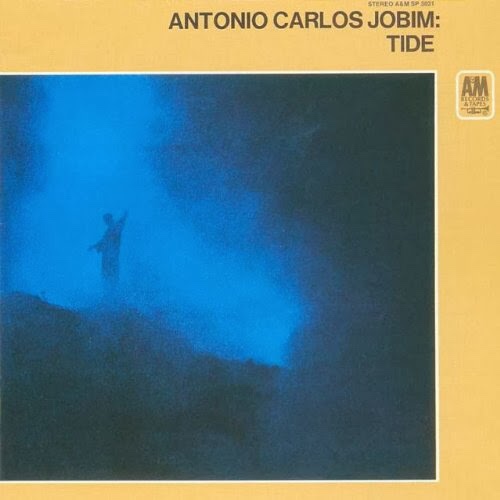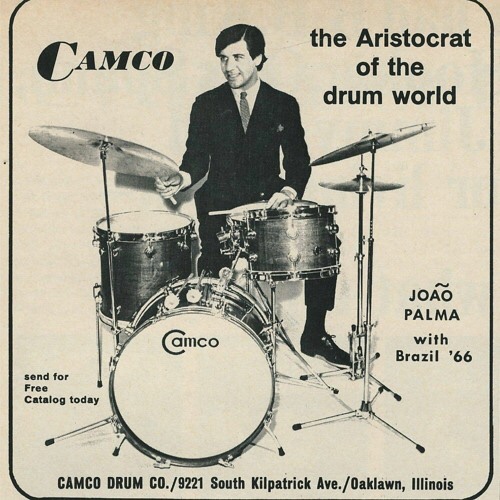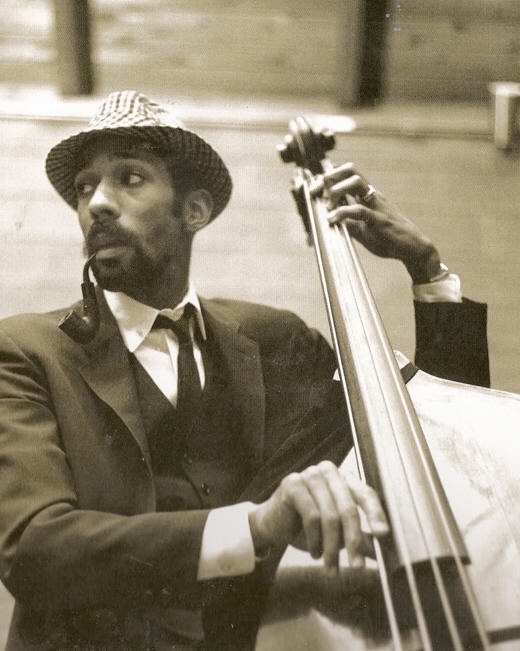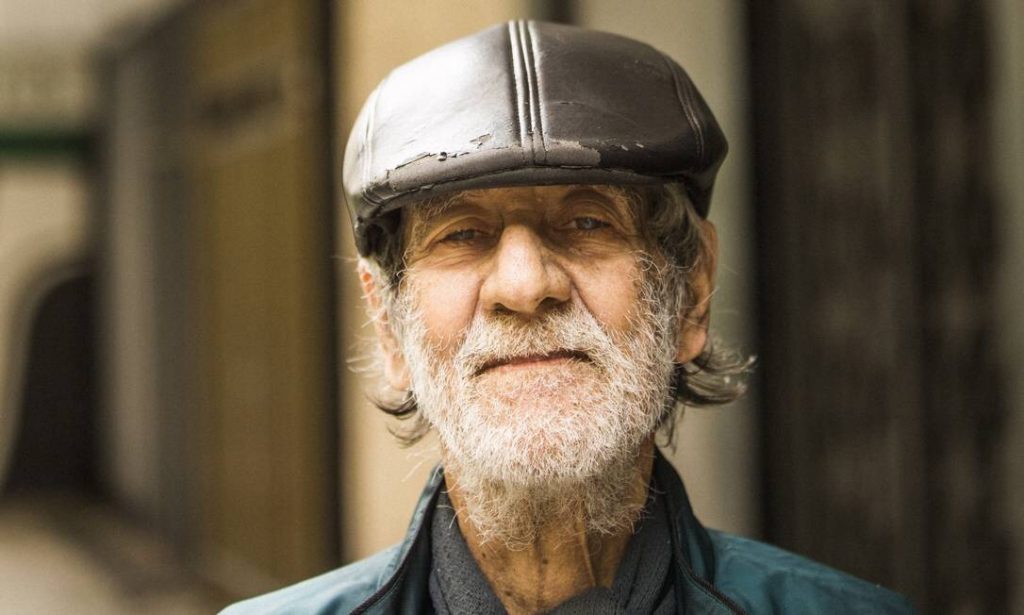

NB – There are already a couple of gaps in my survey of Jobim’s solo recordings: The Wonderful World of (‘65), and Wave (‘67). I only recently realised I don’t have the former. And the latter I have as a peculiar release on vinyl LP. I’ve decided to fill those lacunae in my slightly old-fashioned way, by ordering them both on CD. When they arrive, I’ll plug the gaps!
I have to confess that I absolutely adore this album. I feel compelled to give it six stars; an honour observant readers of this blog might notice I do occasionally confer upon my real favourites!
Jobim’s collaboration with Ogerman hits the first of several climactic highs on these sessions, for my money. Allmusic gives this album just three stars. Say, wha’? I think they’ve allowed jaded ears/assumptions to cloud their judgement.
There are a number of reasons I particularly love this album. First of all, Jobim plays electric keys – Rhodes/Wurli’, or other? (It’s not specified, sadly) – which add a beautifully warm timbre. Secondly, the core group, Jobim on keys/guitar, plus Ron Carter on bass and Joao Palma on drums, with congas and percussion from Everaldo Ferreira and Airto Moreira, are simply sublime.

The bossa nova style is, at heart, quite a laid back and minimalist one, and these guys capture that here utterly perfectly. Listen to Rockanalia, to hear how full and rich a sound this small combo can generate. Thanks in no small part to the dexterous double-bass of maestro Ron Carter.
But I digress with these observations, I guess, from giving the other reasons this is such a particularly fine entry to the Jobim solo catalogue. Like his debut, this is bossa nova in its purest most concentrated form. Unlike his debut, however, every single track of which has become a standard, this has much more relatively obscure material. Some of which is amongst my favourite. Remember is a good example; I’ve got a whole post dedicated to that track (here).
Tema Jazz brings me back from my digressions to yet more reasons this is amongst the best of Jobim’s albums; you can hear that the band and soloists are absolutely smokin’! And the modern CD reissues include a few extra alternative takes (hearing the studio count-ins is quite nice!), which allow one to further appreciate just how great these guys are.

Going back ‘to the top’, this album kicks off, as does The Composer of Desafinado Plays, with The Girl From Ipanema. Only this version is quite a bit slower, and morphs through more dramatic transitions, some quite ‘formal’, others pretty ‘impressionist’. Ogerman’s arrangements adding plenty of colour. This highlights how, in the hands of the masters, this material easily bears continual reinterpretation.
Some of the sonic textures we find here have subsequently become clichés of easy-listening. But that’s hindsight. What we have here is the genesis of such combinations. And I for one feel fortunate that I still hear and appreciate them as such. Anyone who can’t discern between the ‘old masters’ and some later by numbers knock-offs hasn’t got ears to hear, in my view.
So, after an ‘imposter’ entry in his catalogue (Love Strings & Jobim), and a slight dip in form with his second foray into vocal material (A Certain Mr Jobim), Tide is, to my mind, a triumphant return to top form, akin to – and actually even better than – his by now classic debut, The Composer of, etc. Very much essential, and a great place to start.

*Palma passed not that long ago, in 2016, aged 75. He continued to play till the end.
